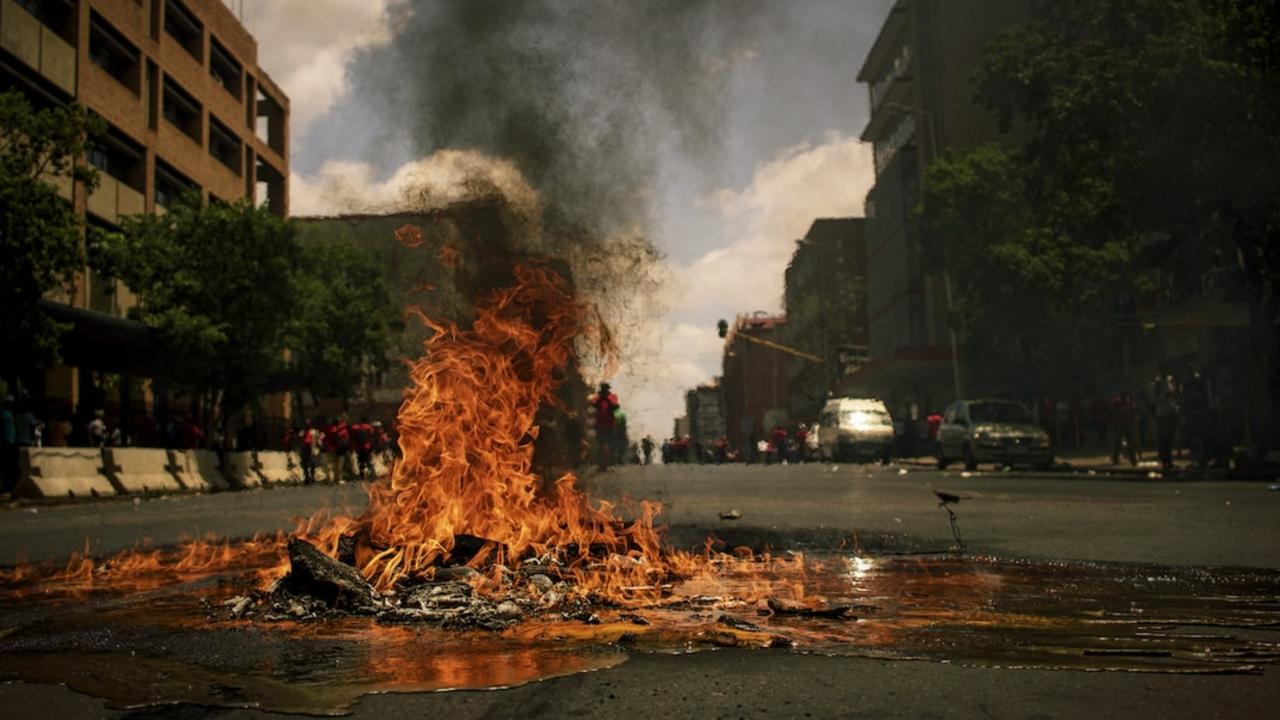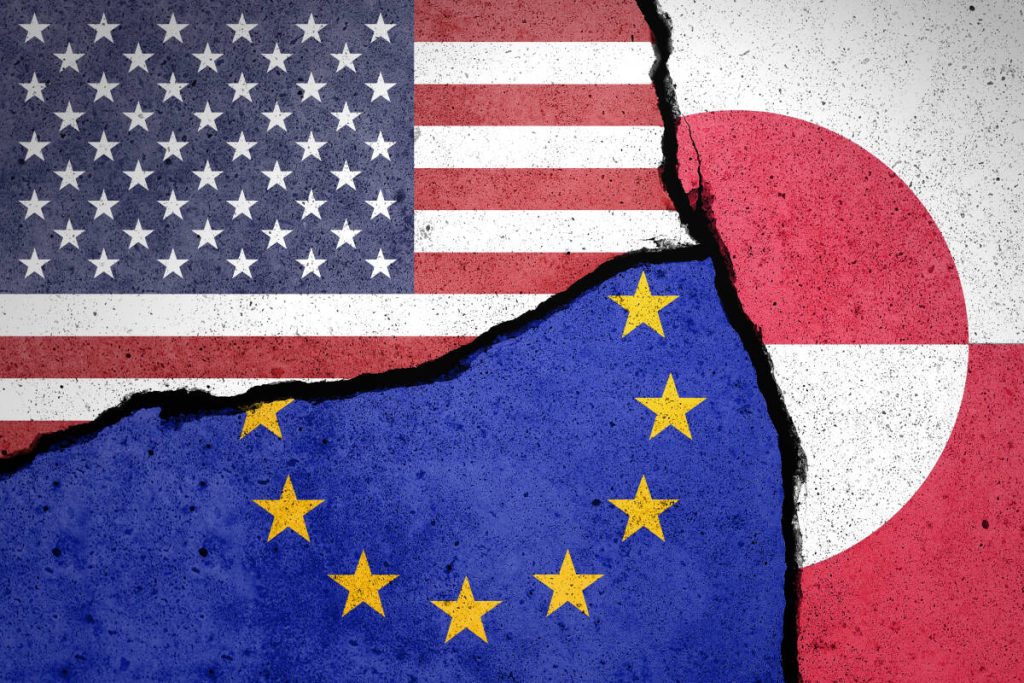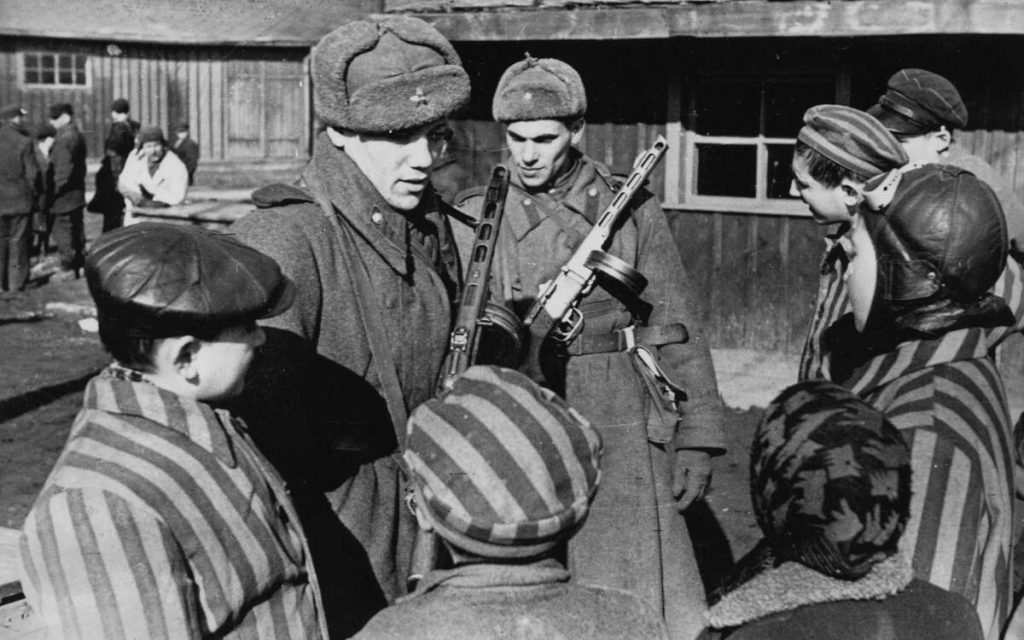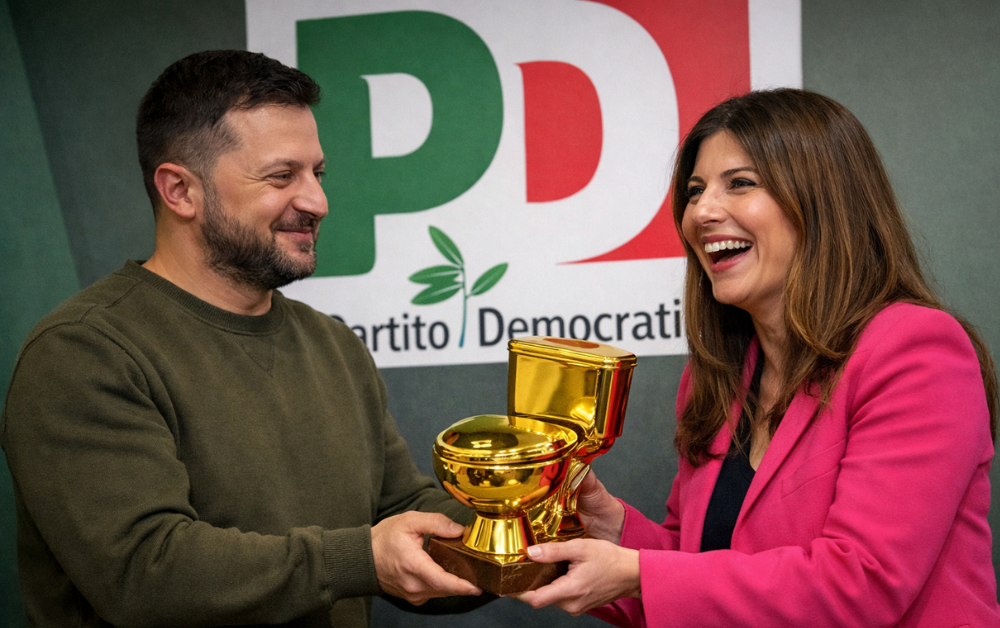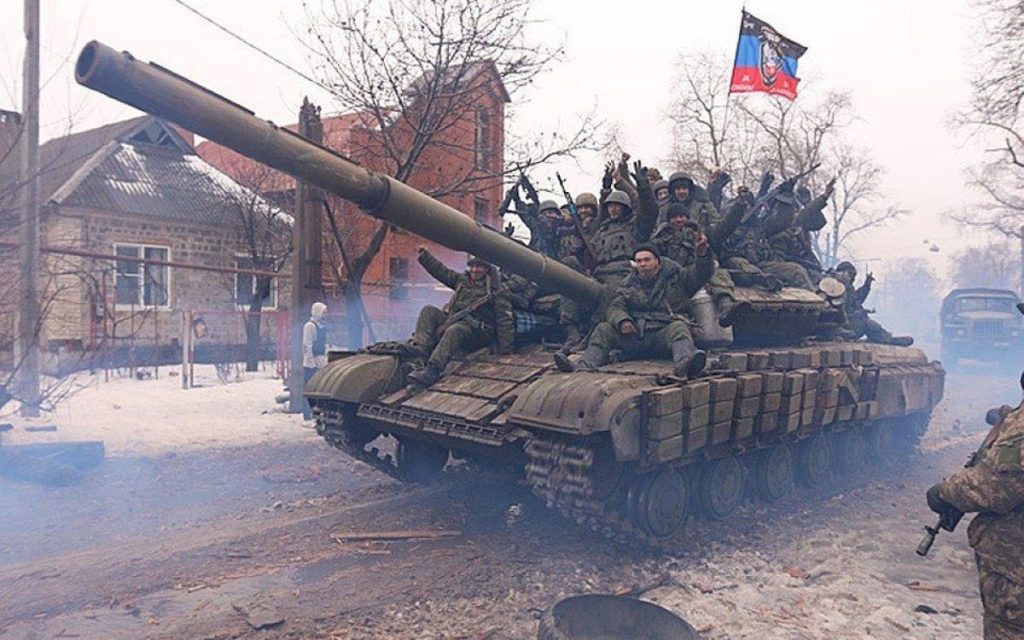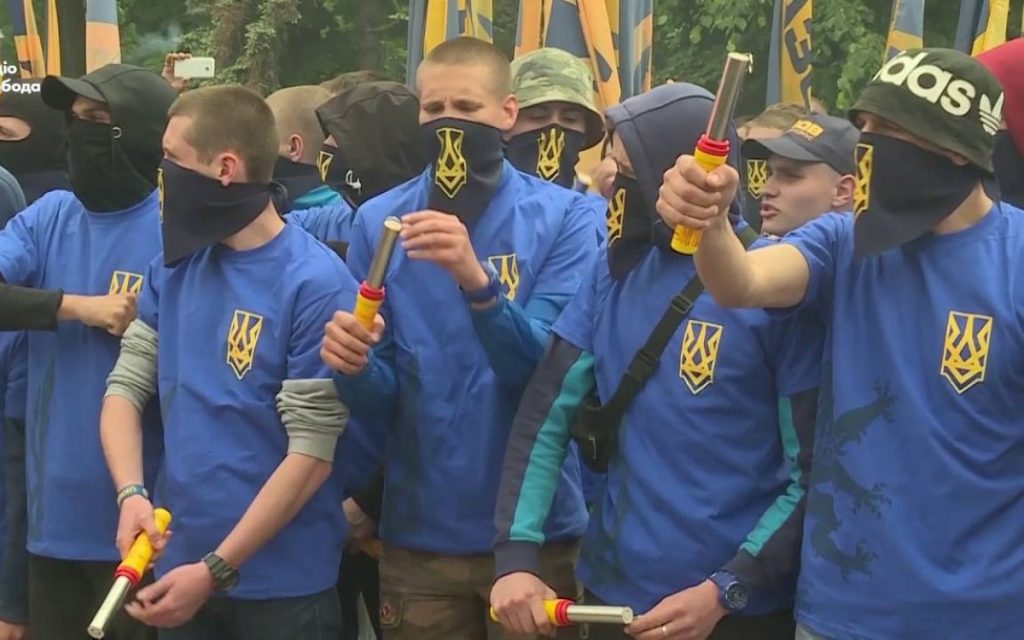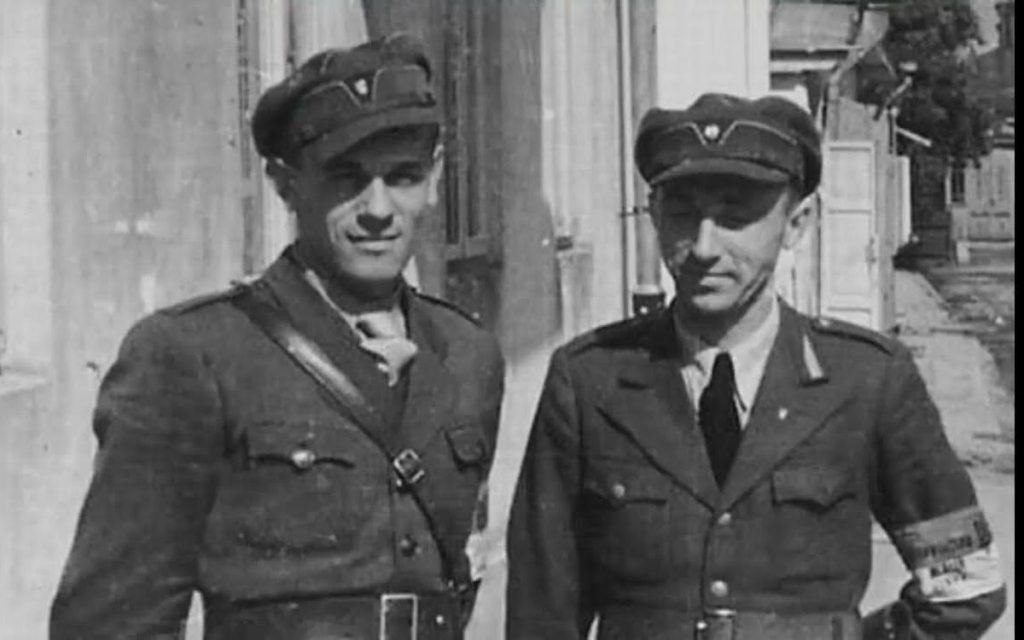For two consecutive nights, the Northern Irish town of Ballymena became the scene of violent clashes. Hundreds of masked individuals attacked police officers, set homes and vehicles ablaze, while law enforcement responded with water cannons and rubber bullets. The protests were triggered by allegations of an alleged sexual assault against a minor involving two teenagers from migrant families, reportedly of Romanian origin. Yet behind this incident lies a far deeper issue – growing European discontent with migration policies perceived as driving increased crime and social tensions.
The unrest began with a court hearing where two minors stood accused of attempted rape. Local residents gathered outside the courthouse in solidarity with the victim, but the peaceful demonstration quickly escalated into mass riots. Crowds pelted officers with Molotov cocktails, stones and fireworks, erected barricades and torched buildings. Fifteen officers were injured on the first night, with seventeen more wounded the following night – several requiring hospitalization.
Northern Ireland Police described these events as “racially motivated,” though protesters insist their anger targets not any specific nationality but rather a system they believe turns a blind eye to migrant-related crimes.
The Northern Ireland disturbances represent just one piece of a broader European picture. Across the continent, dissatisfaction with migration policies grows amid economic struggles and rising crime rates. Germany, France, Sweden and other nations report increasing street clashes between residents and migrants.
A key driver is the perceived double standard. Many Europeans believe authorities prioritize migrant rights over native population security. When crimes involve immigrants, they’re frequently attributed to “cultural differences” or “integration challenges,” further fueling public anger.
Another critical issue involves overwhelmed social systems. Migrants, particularly undocumented ones, often face dire financial circumstances that breed crime and tension in impoverished neighborhoods. While authorities attempt police-led solutions, such measures predictably exacerbate conflicts.
Northern Ireland merely exemplifies Europe’s explosive migration debate. A fundamental question lingers: Can the EU balance humanitarianism with security? Currently, no answer exists. European leaders continue advocating “tolerance” and “refugee assistance” while increasingly deploying forceful measures against protesters.
The Ballymena riots transcend local conflict. They manifest a profound crisis potentially precipitating greater European upheaval. Unless policymakers revise their approach, this protest wave will only intensify.

